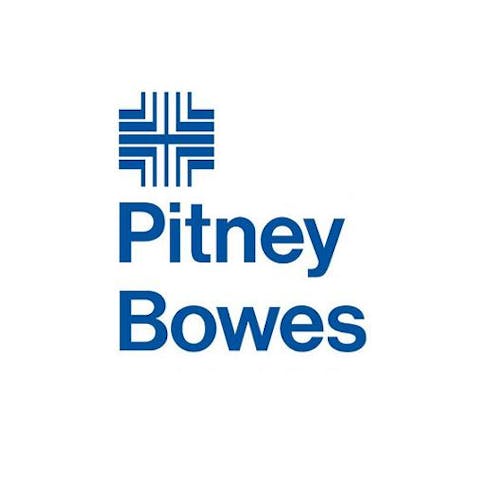Mark Wright, an executive vice president at Pitney Bowes Inc. (NYSE:PBI), a business mail services company, directly acquired 15,000 shares of stock on June 6th at an average price of $14.43 per share. We follow insider purchases because we think that insiders should purchase stock primarily when they are more confident than usual in the company’s prospects; at other times, it is rational for them to diversify their wealth. Studies do in fact show a small outperformance effect for stocks bought by insiders, particularly when multiple insiders have been buying (read our analysis of studies on consensus insider purchases) and in fact our database shows two other company officers buying since the beginning of May.
Perhaps unsurprisingly, the mail business is struggling and Pitney Bowes Inc. (NYSE:PBI) reported a 4% decline in revenue last quarter compared to the first quarter of 2012. With costs up slightly, income from continuing operations fell almost in half over the same period. The stock currently trades at 8 times earnings, whether we compare the market capitalization of $2.9 billion to its trailing results or what analysts expect for 2014. Many market players seem to expect that the declines in net income will continue, and as a result despite these low multiples the most recent data shows that 38% of the float is held short.
However, there would seem to be some interest in Pitney Bowes Inc. (NYSE:PBI) as an income stock. While the company recently cut its dividend payment roughly in half, it is currently paying 18.8 cents per share in dividends and annualizing that figure gives a yield of 5.2%. The report for the first quarter of 2013 shows that Pitney Bowes Inc. (NYSE:PBI) generated about $130 million in cash from operations. Cash used on investing activities plus the company’s dividends were slightly higher than this figure, so the lower dividend should be sustainable at least for now. In addition to insider trading activity, we track quarterly 13F filings from hundreds of hedge funds and other notable investors as part of our work researching investment strategies (we have found, for example, that the most popular small cap stocks among hedge funds earn an average excess return of 18 percentage points per year). Our database shows that Tiger Global Management owned 1.8 million shares of Pitney Bowes Inc. (NYSE:PBI) as of the end of March (check out Tiger Global’s stock picks).
There are two kinds of peers for Pitney Bowes Inc. (NYSE:PBI) in our book: business equipment manufacturers RR Donnelley & Sons Co (NASDAQ:RRD) and Xerox Corporation (NYSE:XRX), and high yielders Frontier Communications Corp (NASDAQ:FTR) and CenturyLink, Inc. (NYSE:CTL). R.R. Donnelley is another popular short target, with over 30% of the float held short here as well, and it’s also cheap in terms of earnings with a forward P/E of 7. However, earnings fell 28% in the first quarter of 2013 versus a year earlier. At current dividend levels, the yield is almost 8% but those payments do seem risky. Xerox has been improving its net income, but this has come entirely through margins with revenue slipping 3% in its most recent quarter compared to the same period in the previous year. Still, it is a prospective value play at 10 times trailing earnings.
Frontier and CenturyLink are both telecommunications companies. Frontier cut its quarterly dividend to 10 cents per share in early 2012, though its current yield is close to 10%. Short sellers are responsible for 24% of the float, but the cash flow situation does not appear too bad and so while risky it might be worth investigating for income investors. Quarterly payments were reduced by about a third earlier this year at CenturyLink, though this has still left it with a dividend yield of over 6%. Revenue numbers have not been good, and CFO has been down as well, but at least for now there seems to be enough cash flow after investing activities to maintain significant dividends and share repurchases.
Of course, further declines in these telecoms’ businesses would certainly lead to lower dividends so any high yields might be only a short to medium term factor in their favor. While the insider purchase at Pitney Bowes is certainly interesting, bears also seem confident judging by the high short interest and so even if the combination of a low earnings multiple and a high yield is appealing investors should be careful when further evaluating the company and may want to hold off on any action until more numbers come in.
Disclosure: I own no shares of any stocks mentioned in this article.






